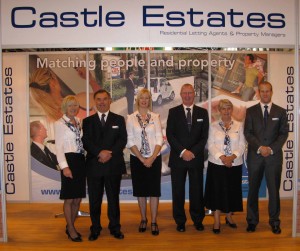By Steve Roulstone
I have been attending the National Franchise Exhibition for several years now and there is no doubt in my mind that the age of those attending is dropping year by year, with for me, a definable difference this time around. I have already commented in these posts that the quality of attendee was very high this year and therefore having spoken to many people between twenty and thirty years of age, it confirms that the younger entrepreneur is no different in researching the potential offered by Franchising than anybody else.
Recognition for the Industry.
I have searched the internet for proof of my beliefs through the written word or quoted statistics, but can find nothing to back up my feeling, but for me, being convinced through what I experienced myself, it looks as if the facts behind the ability for Franchising to offer such a higher success rate for new Business is beginning to be seen and hopefully appreciated by a younger market.
New Initiatives?
And with new initiatives supporting the Industry due to be announced in November as well, although as yet the context and content is not known, good support schemes can only legitimise the Franchising route to being the owner of your own Company for a wider market of would be entrepreneurs.
Age should be no barrier.
It is of course just as important for us to treat everybody in the same way when as Franchisors we look at the attributes of every applicant we see, regardless of age or any other definable characteristic. But experience has to be taken in too account and without being ageist, I will continue to consider the individual qualities of every potential Franchisee I meet. It would be a tough call if like the X Factor, I had to recommend to somebody that they ‘Came back next year’ or something similar but because Franchising is very much a two way street, I would continue to take this approach with everybody who approaches us.
Franchising will be the benefactor.
But normal evaluation aside, I firmly believe that a younger more dynamic age group seriously considering our market place has got to be good for the whole industry. Whatever sector is considered, a drop in the average age of Franchisees has got to be welcomed.











Recent Comments